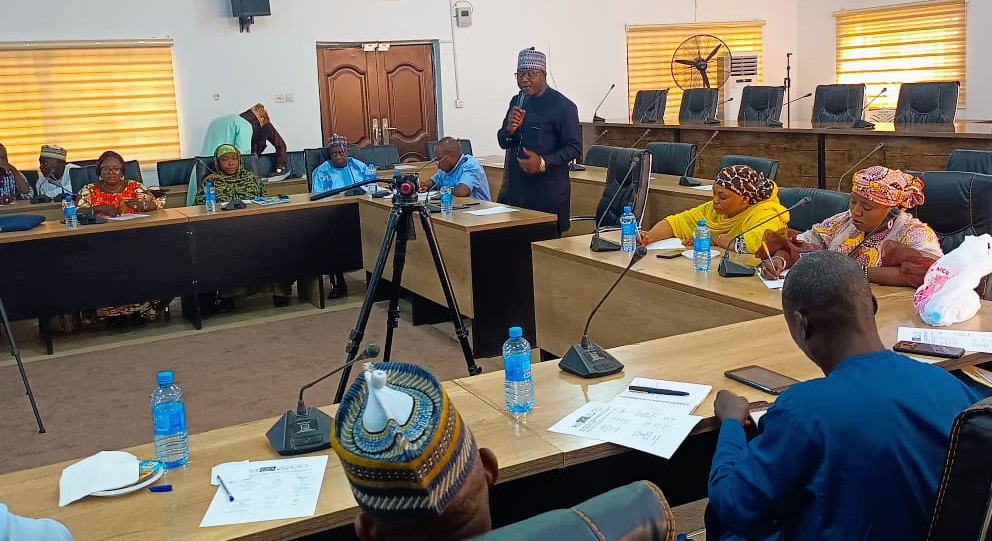By Philip Yatai
The Kaduna State Government says it has captured more than 3.7 million poor individuals from 991,533 Poor and Vulnerable Households (PVHHs) in the State Social Register (SSR).
Mr Dogon Sylvanus, Head of Operations, Kaduna State Operations and Coordinating Unit (KADSOCU), made this known during a media engagement and sensitisation of government agencies on the state of the SSR.
Sylvanus said at the meeting in Kaduna on Thursday, that the data has increased from 2.4 million individuals in August 2021 to 3.7 million as at December 2022.
He added that the 3.7 million data was generated from 8,422 communities in 234 out of the 255 political wards across the 23 Local Government Areas (LGAs) of the state.
The official identified the LGAs with the highest number of PVHHs in the register as Zaria with 91,279, followed by Igabi with 74,030, and Kachia with 65,816.
Sylvanus also identified LGAs with the least number of poor households as Jaba with 19,850, Kaura, 28,200 and Kudan, 29,558.
The official explained that the State Social Register (SSR) was a database of poor and vulnerable households, a subset of the National Social Register (NSR) under the National Social Safety Nets Project (NASSP).
He said that the database was generated primarily for planning purposes, adding that the state Executive Council had mandated the use of the SSR as the primary source of data for all pro-poor interventions.
The head of operations further explained that the NSR has two subsets: Rapid Response Register (RRR), a database of the urban and semi-urban poor, and the Unified Beneficiary Register (UBR).
Sylvanus said that the RRR has 464,018 applicants of which 180,814 from 2,839 communities in 94 political wards were validated.
He added that the 180,455 validated semi-urban poor included 71,359 females and 109,455 males in 22 LGAs.
“The RRR is essentially a shock-response database, which targets those in the category of non-traditional poor.
“This is with the view to cushioning the impacts of multidimensional shocks and other non-contingent hazards that may affect people and/or their livelihoods,” he said.
Sylvanus said that so far, 315,343 households across the state have benefited from different social protection programmes.
As part of ways forward, Sylvanus said SOCU would be tracking the utilisation of the data collected by various organizations.
This, according to him, is to ascertain the utilisation of the data and determine the impact of interventions on the livelihoods of the poor and vulnerable.
“There will also be periodic conduct of data quality assurance and quality control checks to ensure integrity and reliability of the SSR data.
“There is also an opportunity for mop-up exercise for omitted communities in saturated LGAs and validation of targeting carried out in all the communities and wards in LGA as part of close-out exercises.
“We will also conduct periodic partial updates for already captured data of PVHHs,” he said.
He said that the current phase of NASSP was coming to end, adding, however, that a scale-up has been approved for cash transfer, partial update, and mop-up exercise.
Sylvanus explained that the media roundtable was organised to strengthen collaboration among social protection actors in the state on how to strengthen the SSR.
He said that the discussion would also strengthen cohesion among all social protection implementing ministries, departments, and agencies towards utilisation of the social register data.
“The data of poor and vulnerable will enable informed decision making across all levels of government especially those in the social sector.
“The partnership will equally facilitate grassroots awareness campaigns on the state social register and its role in driving inclusive governance in the state,” he said. (NAN)




